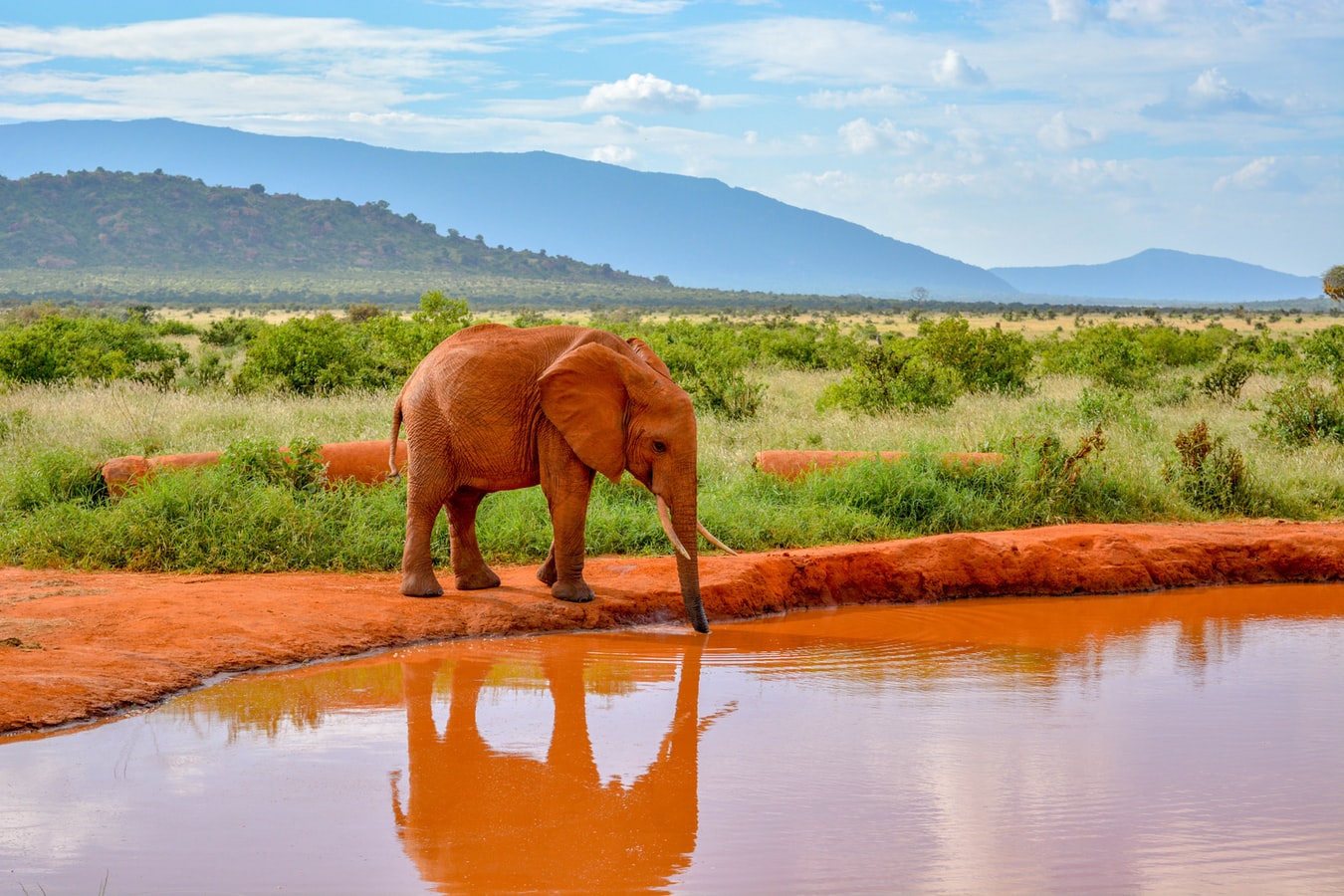Kenyan Visa for Lithuanian citizens

Lithuanian citizens should have a visa to enter Kenya. You need it for any reason for your trip. Also, your passport must be valid for at least six months when you arrive in Kenya.
There are the following types of tourist e-visa:
• Single entry visa (3 months)
• Multiple entry visa (up to 6 months)
The visa can be obtained in 3 different ways:
• At Nairobi airport, Mombasa airport, and the country’s mainland border posts (although the latter information must be verified before heading to the border).
• In-person at the Embassy of Kenya in Lithuania.
• Through the online application.
How to apply for an online visa for Kenya?
• The online visa application is made through the website of eVisa to Kenya
• Once registered, select the “Department of Immigration Services” section.
• Select “Make Application” to start processing your application.
• Select the type of visa, according to the purpose of your trip.
• Fill in the application form.
• You will have to attach a passport photo and a photocopy of your passport.
• Make the payment by card or PayPal

After two business days, your e-visa will appear in your account. Keep in mind that the visa application and grant process can take up to a week. Therefore, it is recommended to start this process well in advance of the planned trip.
Print it out and present it upon arrival in Kenya along with your travel itinerary (business invitation letter, flight and hotel reservation, etc.)
Single entry visa
It allows tourists and visitors to enter Kenya once. The single entry visa is valid for 90 days from the date of issue.
It can be renewed for another 90 days at the Nairobi immigration headquarters. The maximum number of days that a visitor can spend in Kenya on a tourist visa is 6 months. It includes a second entry to Kenya from Tanzania, Uganda, Burundi or Rwanda.
Transit visa
It allows a short stopover in Kenya (max. 24 h).
Multiple entry visa
This visa is issued to those who wish to travel to Kenya frequently for commercial purposes. It is valid for 6 months.
Tourist Visas for East Africa
The East African visa allows you to travel to Kenya, Rwanda, and Uganda using the same multiple entry visas. It is acceptable for 90 days and only can be requested from face manner at the Embassy of Kenya.
Health Consideration in Kenya
Nairobi has excellent hospitals and doctors. The two most important hospitals in the capital are the Aga Khan Hospital and the Nairobi Hospital.
In the rest of the cities, the hospitals are not of quality, and in the rural areas, there are only dispensaries.
In Africa, health problems must be taken seriously.
The main health risks in Kenya are malaria, dengue, yellow fever, and chikungunya. Mosquito bites transmit these diseases.
As for malaria, it is endemic only on the shores of Lake Victoria (throughout the year). In the other areas, infections only occur during the rainy season, along the coasts and in areas of less than 1,500 meters of altitude.
To protect yourself, use repellents, wear light-colored, covering clothes that are light and impregnated with insecticide-treated textiles (effective for two months, and resistant to washing). On the other hand, there have been recurrent cases of cholera in Nairobi. The last one has affected Nairobi Hospital, apparently already controlled.
Other recommendations:
• Avoid walking barefoot.
• Avoid walking around the city, even during the day, given the frequent thefts. In the event of an assault, it is advisable not to offer resistance and heed the instructions of the assailants, to try to avoid suffering physical damage.
• It is recommended not to carry a lot of money or jewelry or other valuables.
• It is not advisable to accept food or drink from strangers (there have been cases of people drugged and robbed by this system).
• When traveling by road, keep the locks, and the windows closed, especially in traffic jams, traffic lights, or areas of slow circulation.
• Avoid traveling at night.
• To rent a car, you will have to present an international driving license or a European one.
• Wash your hands regularly with hydroalcoholic gels.
• Drink only bottled water and avoid ice cubes.
• Do not eat raw food and try to keep it always boiled or cooked.

